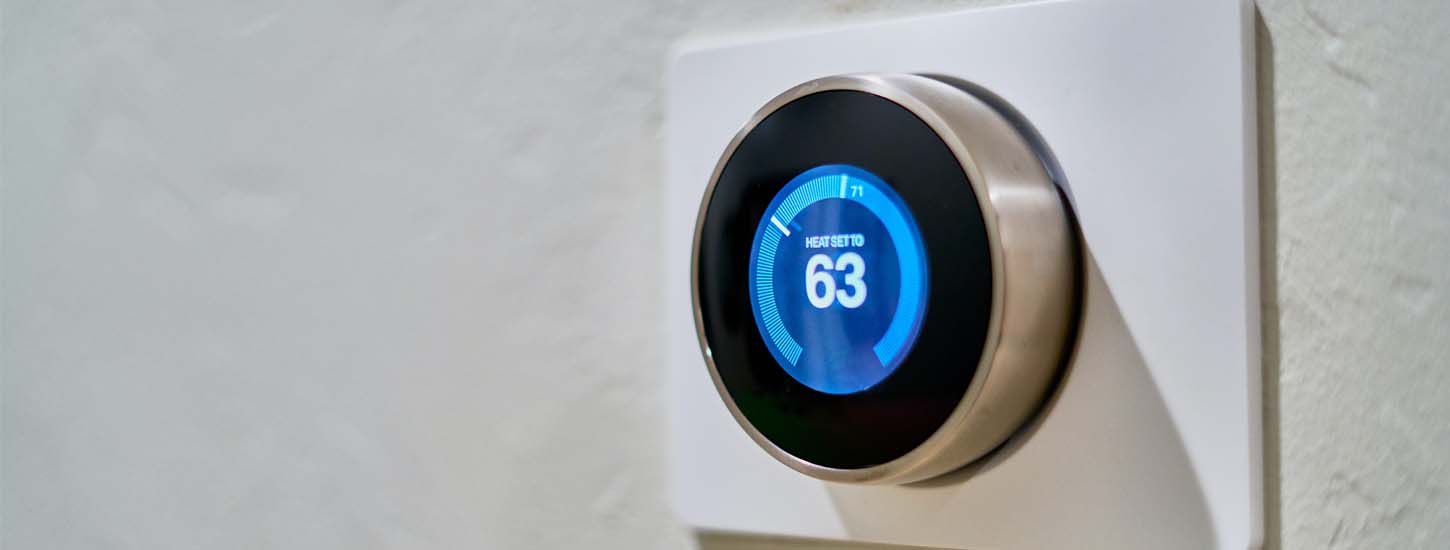As those of us here in the Pacific Northwest hunker down for the chilly and damp season that stretches from late October until sometime in the spring (otherwise known as “The Big Dark”), the general inclination is to turn up the heat and get cozy. For many businesses, it is essential for success that customers – and employees – are comfortable on the premises. This means having a heating, ventilation, and air conditioning (HVAC) system that keeps the offices or retail location toasty warm in the winter or refreshingly cool in the summer. When considering the terms of a commercial lease, it makes good sense for a business to pay attention to any language in the lease related to the HVAC system.
A commercial lease is not as similar to a residential lease as a new business owner might expect. For example, if you rent an apartment, the landlord is in almost all circumstances going to be responsible for maintaining, repairing, and replacing the HVAC system for the apartment building. A tenant may be billed for energy use associated with heating and cooling the apartment, but generally a residential landlord is going to shoulder the costs related to the HVAC system itself. This is not a given in a commercial lease.
In a commercial lease, a business tenant is frequently responsible for the costs of maintaining and repairing the HVAC system for the leased space. The landlord may be responsible for the installation and replacement of the HVAC system, but sometimes it is left to the tenant to bear the cost of repairing and even replacing the HVAC system for the leased space. In reviewing a proposed commercial lease, a business tenant should pay attention to any language in the lease allocating the tenant’s responsibilities in relation to the HVAC system. A well-drafted lease should spell out which party is responsible for the HVAC system’s repairs, maintenance, and replacement.
In addition to understanding any potential responsibility related to the costs of maintaining the HVAC system under a lease, it is important for a business owner to investigate the existing HVAC system in the potential location. Is it in good condition? Is it effective in keeping the space warm when it’s cold out and cool when it’s hot? In addition, how energy efficient is the HVAC system? An older, inefficient system can end up increasing a business’ overhead by hundreds of dollars every month.
Failing to sufficiently investigate the condition of a commercial property’s HVAC system, or failing to understand how a lease allocates responsibilities for the costs of repairing or replacing the HVAC system, can be an expensive mistake for a small business. Consulting with an attorney to review the lease, discuss the business’s obligations under the lease, and recommend appropriate revisions to the proposed lease terms can help a small business avoid a financial disaster. Contemplating a commercial lease? Please contact us. We’d be happy to help.



 Phone: (206) 784-5305
Phone: (206) 784-5305